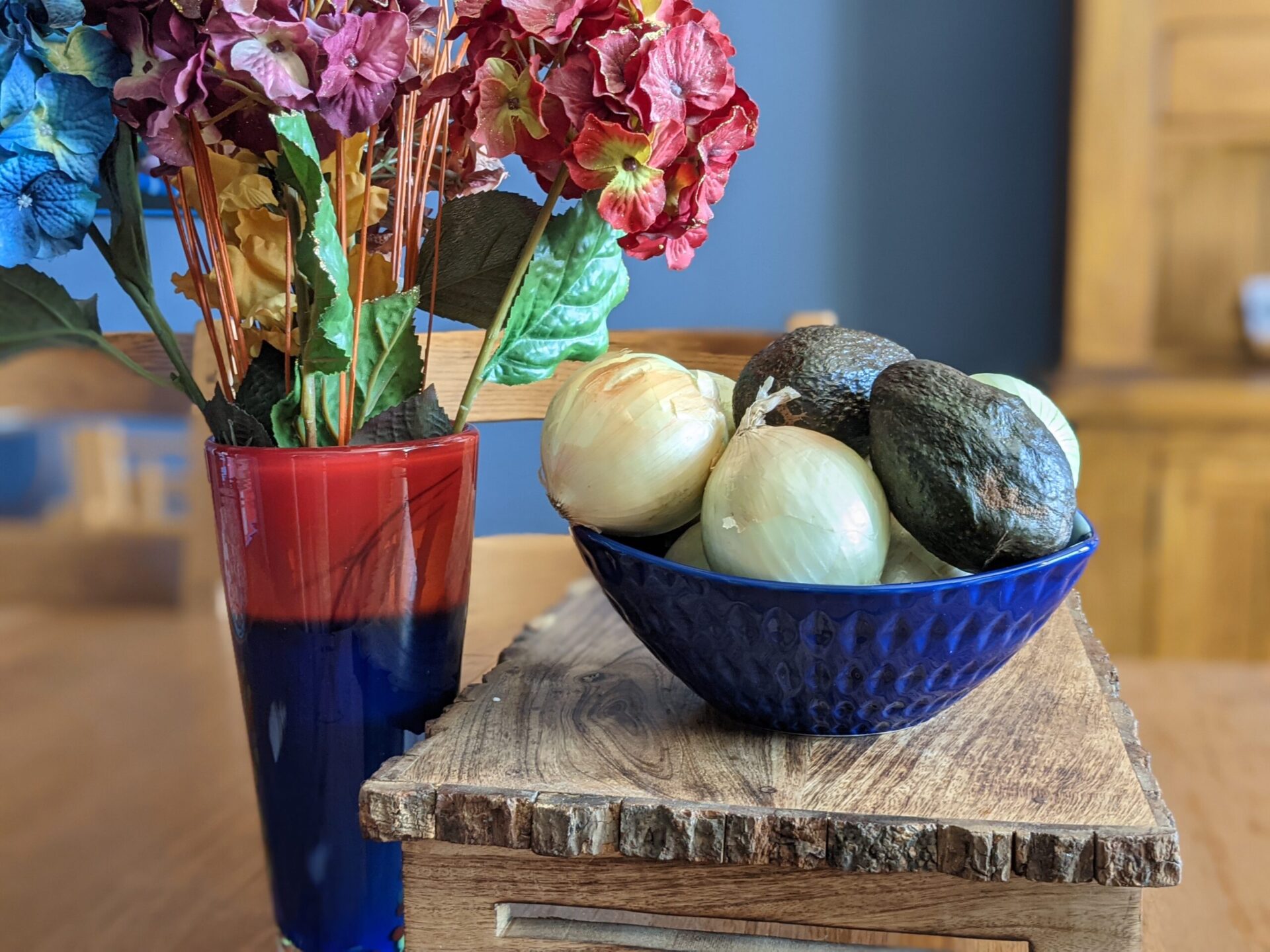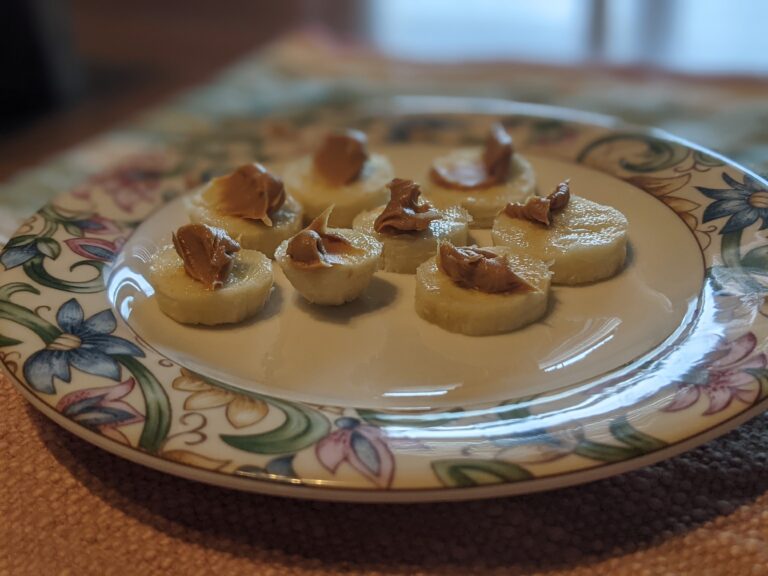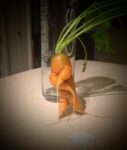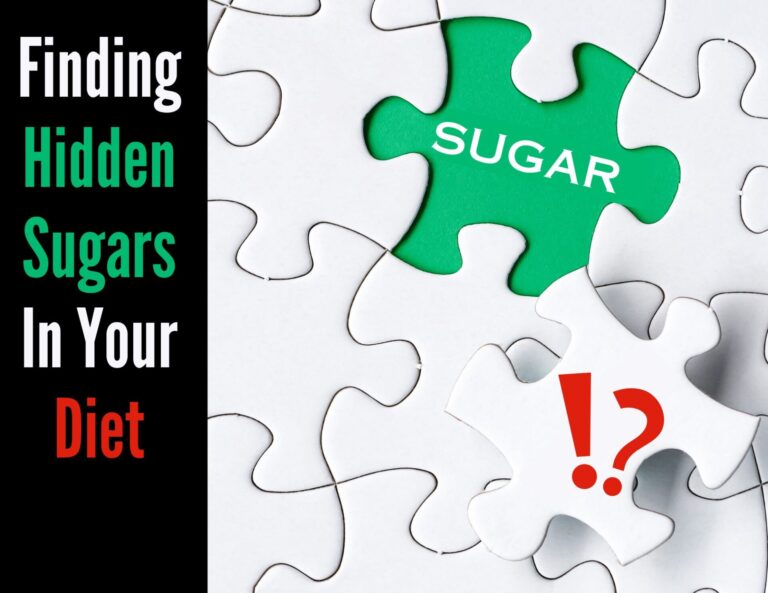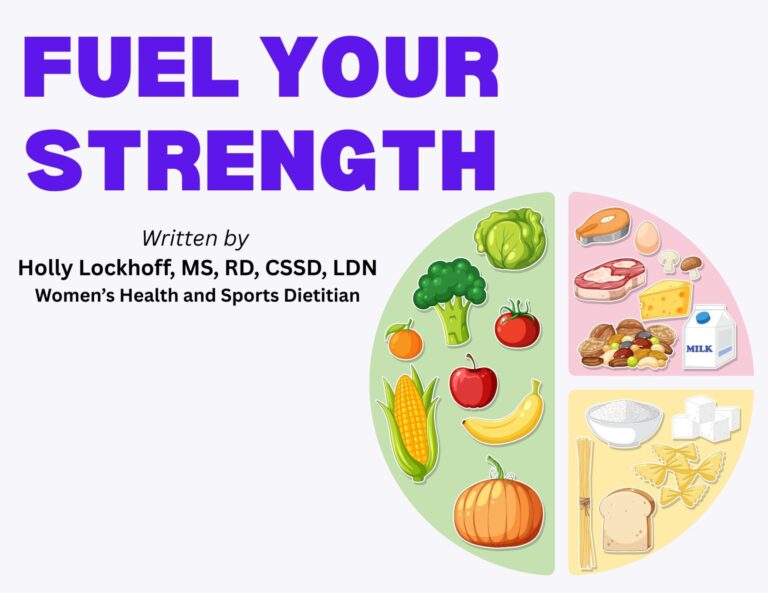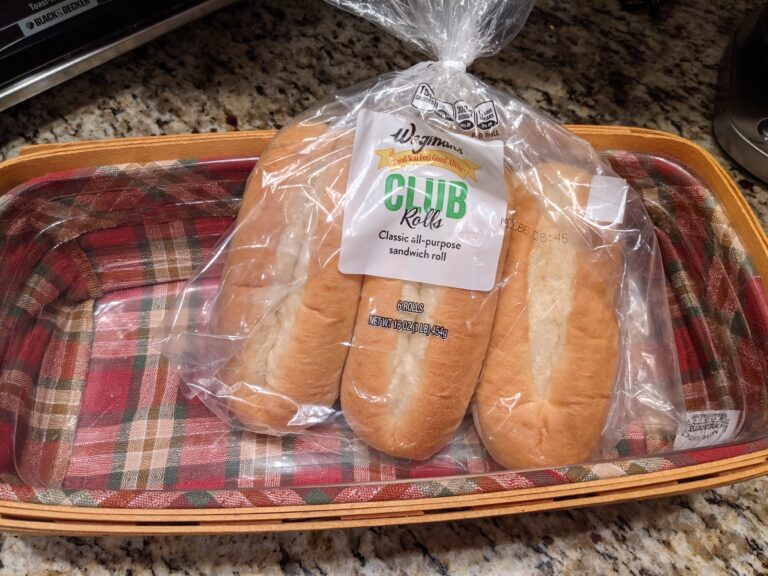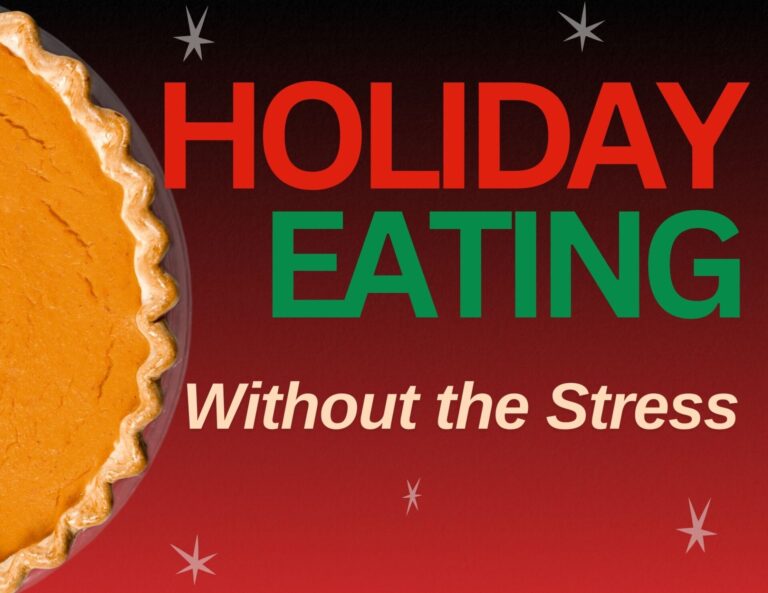This post may contain affiliate links. Read the full disclosure here.
Updated Lists: Clean Fifteen™ & Dirty Dozen™
A healthy diet is one full of fruits and vegetables. But as good as they are for you, sometimes fruits and vegetables are contaminated with toxic pesticides.
The Dirty Dozen™ and Clean Fifteen™ lists published by the EWG (Environmental Working Group) help consumers make better decisions about which foods are most likely to be contaminated by pesticides and therefore should be purchased in the organic form when available. The Dirty Dozen™ and Clean Fifteen™ lists were updated for 2020. Get the pen and paper out – this is worth jotting down.
The Dirty Dozen™ – Buy organic whenever possible to reduce harmful toxins
- Strawberries
- Spinach
- Kale
- Nectarines
- Apples
- Grapes
- Peaches
- Cherries
- Pears
- Tomatoes
- Celery
- Potatoes
- Hot Peppers (bonus #13)
The Clean Fifteen™ – Buy nonorganics with confidence
- Avocados
- Sweet Corn**
- Pineapple
- Onions
- Papaya**
- Sweet Peas Frozen
- Eggplant
- Asparagus
- Cauliflower
- Cantaloupe
- Broccoli
- Mushrooms
- Cabbage
- Honeydew Melon
- Kiwi
** A small amount of sweet corn, papaya and summer squash sold in the United States is produced from genetically modified seeds. Buy organic varieties of these crops if you want to avoid genetically modified produce.
Bottom Line: A diet rich with fruits and vegetables, organic or non-organic, is good for you. Use the Clean Fifteen™ and Dirty Dozen™ lists to reduce your pesticide intake as much as possible and make the best possible choices for you and your family.

